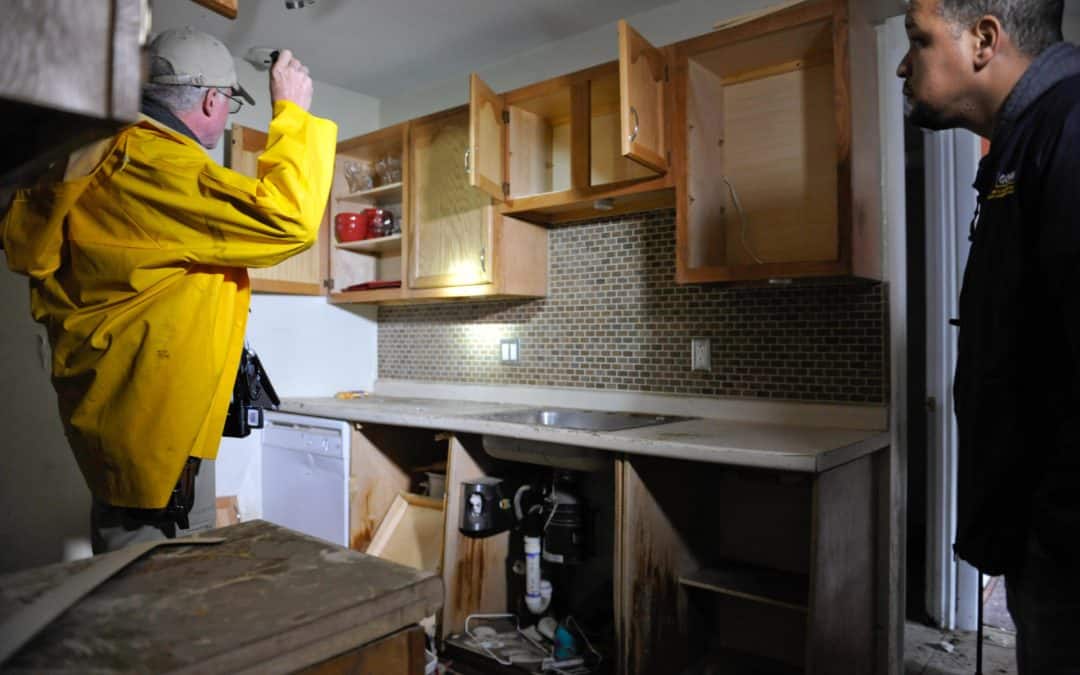There are countless important decisions to be made when buying a home. One of them is choosing a home inspector. With so much to do, it can be tempting to hire the first inspector you encounter. However, we assure you that this is a decision in which a bit of research and consideration goes a long way. At the end of the day, it’s your time and money wasted in an inspection goes poorly. Home inspectors are there to ensure the safety of your home, make you aware of any unforeseen issues, and provide recommendations for deeper inspections when necessary. A quality home inspection is a vital part of the home buying process, so here are some steps you can take to help you get the right home inspector for you.
Choose a Home Inspector as Early as Possible
Once you’ve found a home you want to buy, time can get tight. Having a home inspector lined up as early as possible can you lots of time and stress. Ideally, knowing the area you want to live and the kind of house you want to live in can help you narrow down an inspector before you’ve committed to one single home. For example, if you know you want a townhouse in the urban part of the city, you can hire a home inspector with experience in those areas before you’ve chosen the exact town house you want. While not everyone can narrow down their choices in such a way, you can still do valuable research ahead of time and get in touch with potential home inspectors so that you know exactly where to turn once you’ve narrowed down your options.
Compare Different Companies
It is likely that your realtor will recommend a home inspector, but you should also take time to compare different companies. Look at things like their rates, equipment, approximate time spent inspecting, and especially reviews. We all know that reviews are the be-all-end-all of a company’s image, but they can be a very helpful tool in giving you insight to what you might expect. A typical home inspection should last between 3 and 5 hours. An experienced, diligent home inspector with the right equipment should have enough information for a thorough report in that time. Some equipment typical of a professional home inspector include:
– Flashlights
– Probes
– Digital cameras
– Carbon monoxide detectors
– Infrared cameras
– Electrical circuit testers
You can also ask about the companies reports. Comprehensive reports that include details like photographs are a good sign. These are things you can use to get a better idea of what work your home might need done, or of any further inspections in might need.
Consider Experience
Experience is huge asset when comparing home inspectors. They will be more time efficient and will be better equip to answer any questions you might have – which you should! Communication is an important aspect of a home inspection, so choose someone you are comfortable communicating with and whom you trust. Talk to different companies about their process, reports, and employees. Even better, get in touch with the individual who will be inspecting your home, and take the opportunity to discuss the process with them first hand.


Recent Comments